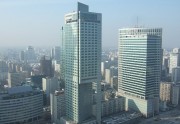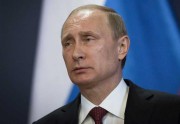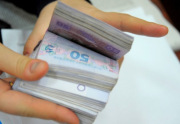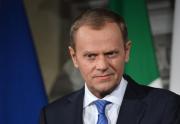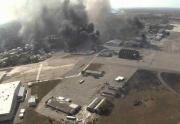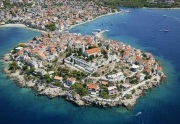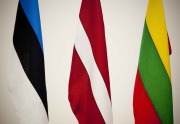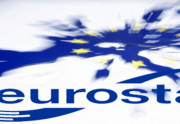What Exactly are the Russian Sanctions?
- New Europe Investor
- January 28, 2015
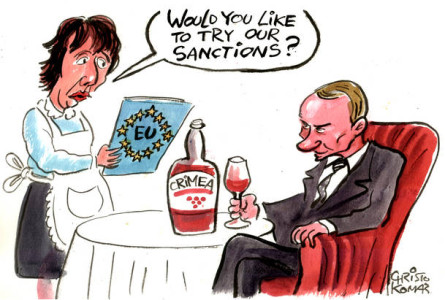
Anyone following the news will know, Russian sanctions have been imposed by the European Union and the US. The sanctions have contributed to the country’s worst economic climate since the currency crisis in 1998.
The ruble has halved in value to the dollar, and inflation has entered double digits.
Whilst unemployment is still low at 5.3% (December 2014), it has been creeping up steadily since August, when it stood at 4.8%.
The country has not officially entered recession yet. However, by many analysts’ estimates, the economic cost will lead to a 5% contraction of GDP this year alone.
Russian Finance Minister, Anton Siluanov, has already stated that spending cuts of at least 10% are likely in 2015. Russia used a large chunk of its foreign reserves propping up the currency in 2014, and would blow a good deal more balancing its public spending budget.
Oil
Crude oil represented a staggering 39% of Russian exports in 2012. A further 15% were oil related products. Put gas in the mix, and more than two thirds of Russian exports are energy hydrocarbons.
Therefore, it doesn’t take a genius to conclude that Russia’s economic problems are inextricably linked to the decline in the price of oil.
And the Sanctions?
The European Union and the US would like us to believe that sanctions imposed have played their part too.
No doubt they have, but to what extent one can only speculate. However, the question remains, what exactly are these sanctions?
Below, New Europe Investor lists 10 of the sanctions issued by the European Union. Most of them were imposed following an extraordinary meeting of the European Council on 3rd March 2014; only days after Pro Russian gunmen seized key buildings in the Crimean capital, Simferopol.
- Instead of a G8 meeting in Sochi, a G7 meeting was held in Brussels on 4th and 5th June, excluding Russia.
- EU wide support for suspension of negotiations over Russia joining the Organisation for Economic Co-operation and Development (OECD), and the International Energy Agency.
- Cancellation of EU-Russia Summit, with no further summits to be arranged.
- 132 individual Visa and Asset Freezes. Primarily for those involved in the decision making process on action in Ukraine/Crimea, and those benefiting from actions taken. See List.
- EU Nationals and Companies can no longer buy a host of financial instruments in the five major Russian banks, three major energy companies and three major defence companies.
- EU Nationals cannot provide loans to five major Russian banks.
- Embargo on import and export of arms with Russia along with other military technology.
- Export licences will be denied by European Union, only if such products are intended for; deep sea oil exploration and production, shale oil projects or arctic oil exploration. Services for such products may not be supplied also.
- Within Crimea/Sevastopol, the EU has imposed a complete import ban, unless, there is a provision of a certificate from Ukraine authorities. Many exports to Crimea/Sevastpol from the EU have also been prohibited.
- Investment within Crimea/Sevestopol is outlawed for EU cititzens and companies. Certain travel restrictions for EU tourists have also been implemented.





